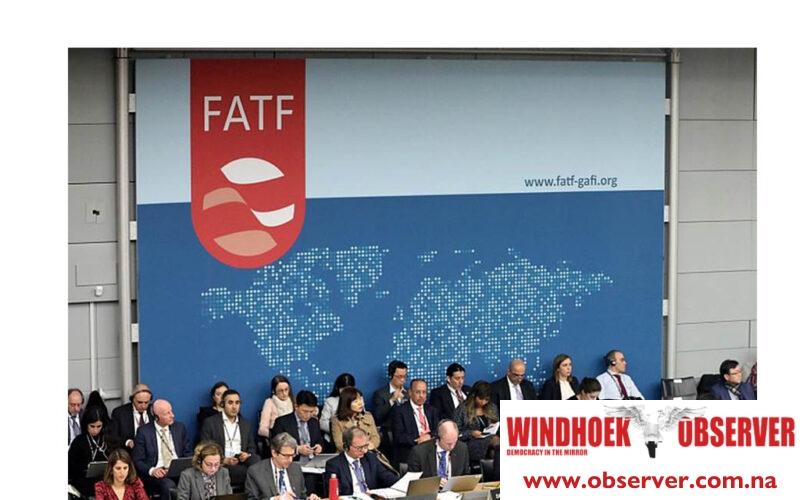Leading asset management company, Namibia Asset Management (NAM) has said the decision by the Financial Action Task Force to greylist Namibia due to purported ongoing noncompliance with the requirements of international anti-money laundering (AML) legislation is a concern.
“Although we do not anticipate a negative impact on local assets and clients, it’s imperative for Namibia to exit this list in order for us attract and retain foreign direct investment,” the company said.
Another concern is the regulatory changes that it anticipates will come into effect when the Financial Institutions and Markets Act (FIMA) is promulgated and NAM said dealing with the changes remain a priority for its business. FIMA aims to consolidate and harmonise the laws regulating financial institutions, financial intermediaries and financial markets in Namibia; and to provide for incidental matters.
NAM said in interim results for the six month ended 31 March that total assets under management (AuM) increased by 5,9% to N$17,9 billion (September 2023: N$16,9 billion).
As at 31 March, its retail AuM was N$2,4 billion (September 2023: N$2,3 billion) while institutional AuM represented N$15,5 billion (September 2023: N$14,6 billion).
The company, which is listed on the Namibia Stock Exchange said the increase was the result of positive market performance supplemented by positive net flows. Revenue from contracts with customers decreased by 2,3% to N$32,3 million (March 2023: N$33 million) due to the loss of higher margin mandates and growth in AuM for lower-margin mandates.
Despite the decline in revenue, total operating expenses remained relatively flat as tight cost controls offset inflationary pressures and increased spend on key resources, namely the employment of its fixed-income analyst and the related Bloomberg subscription costs.
Headline earnings per share decreased by 19,2% to 3,36 cents (March 2023: 4,16 cents). Fund management earnings per share (FMEPS) decreased by 10,3% to 2.71 cents (March 2023: 3,02 cents). FMEPS is used by management to measure true operating financial performance.
FMEPS excludes the net mark-to-market impact of fair value gains and losses on our investments held in marketable securities.
Regarding the board, the company said Nur-Reza Salie was appointed as a non-executive director effective 1 January. Elize Angula, a long serving independent non-executive director of NAM, retired from the board effective 23 February. NAM is in the process of appointing two additional independent non-executive directors who are expected to join its board during the current financial year.
A further change is that Bullé Uisso resigned his roles as chief financial officer, company secretary and financial director of NAM, effective 30 June.
“We do not expect the difficult operating environment to ease in the foreseeable future. However, NAM has operated successfully through numerous cycles and remains a resilient, well capitalised and sustainable business.”




